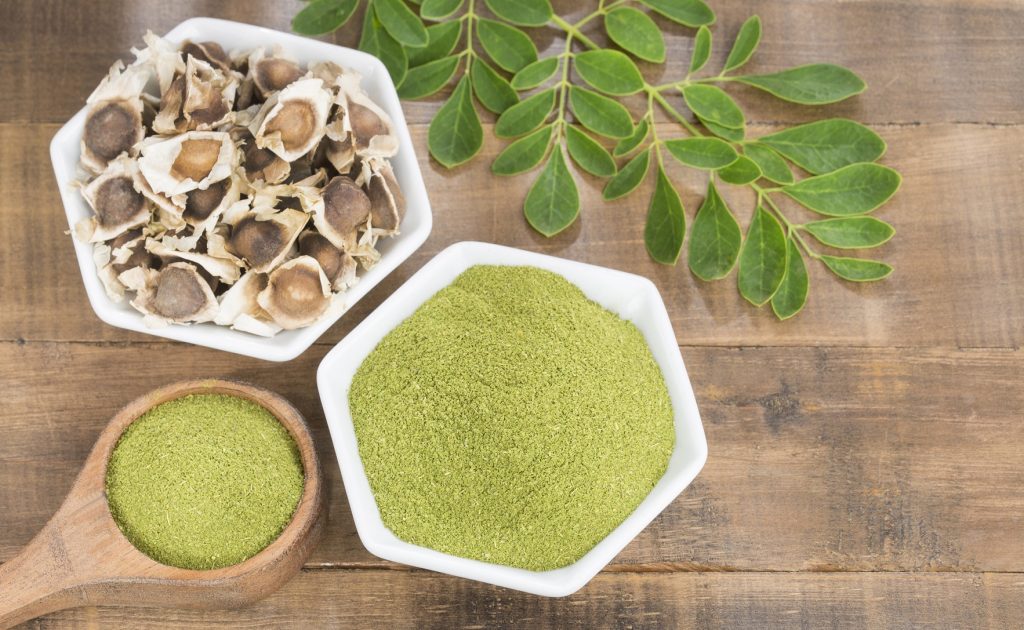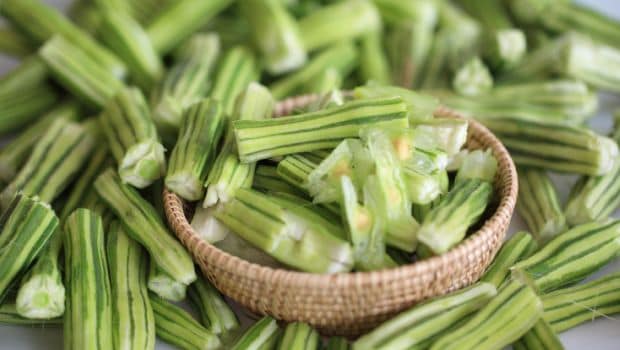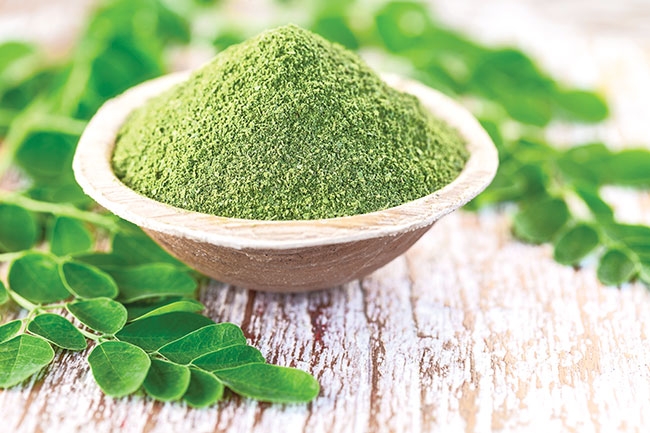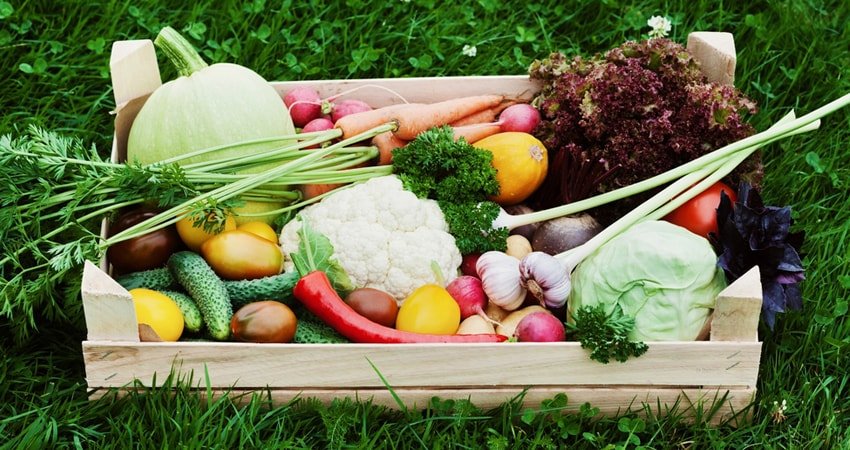
Known as Moringa, horseradish tree, drumstick tree, or ben oil tree, it is a tree native to India, but is today also cultivated in Asia, Africa, America, and even in Europe.

It is widely used in food and beauty products thanks to its numerous therapeutic properties and its high antioxidant power. It also highlights the contribution of essential amino acids, vitamins, minerals, antioxidants, and fiber. Moringa grows in any type of soil, even in arid soils, which makes it a resource for the populations that live in these places.
This tree is very easy to grow on top of its multiple benefits and has a generous shrub, encouraging many developing countries to grow it in abundance.
All its parts can be used in food recipes:
1- Moringa Leaves
Its leaves are rich in vitamin A, B and C and iron. They can be used as a dressing for some recipes, especially in cold preparations and salads, they are equivalent to spinach leaves. They are also used in infusion and teas.
2- Moringa Fruit

Its fruit can be eaten, cooked.
3- Moringa Seeds
Its seeds can be toasted. They are a perfect and healthy snack to have between meals and as a dressing for some dishes. The young pods are edible, and their flavor is reminiscent of asparagus.
4- Powdered Moringa

The powdered moringa (usually leaf) is widely consumed thanks to its ease of use and its great properties. It is ideal to be included as a supplement in smoothies, juices, creams, sauces, stews.
5- Moringa Oil
Moringa oil is nutritious and of great moisturizing power, an ideal option to take care of our hair and skin.
Various Benefits of Moringa
- It has a high content of vitamins B, C and iron, which makes it a food that can be used to help in the treatment and prevention of iron deficiency anemia, one of the most common anemias that manifests itself with a lack of iron.
- It has high antioxidant power and antilipidemic action, which has a beneficial effect on people with high cholesterol since it acts as a promoter of heart functions.
- According to the Food and Agriculture Organization of the United Nations, products derived from moringa have antibiotic properties, against trypanosomes and hypotension or low blood pressure.
- It has great analgesic and anti-inflammatory properties, being especially indicated to improve pain caused by arthritis.
- It helps in the relief of gastric ailments, being able to be used to help calm heartburn, gastritis and even to regulate constipation.
- Due to its antioxidant power, moringa leaves have antidiabetic or antihyperglycemic action, helping to reduce blood sugar levels in people with type 2 diabetes.
- Beneficial to alleviate endocrine disorders, specifically those related to the thyroid.
- It is beneficial to fight against fungi by strengthening the immune system.
- Its healing action has excellent effects, as well as its benefits against hypertension.
- The seeds and barks are used to treat circulatory problems.
- Its pods and seeds are also very useful for water purification. They contain a cationic polyelectrolyte that has proven effective in treating water for human consumption, replacing aluminum sulfate or other chemicals. These seeds contain cationic proteins that absorb and neutralize chemical charges in cloudy water.
Moringa is well-known thanks to its many benefits, however, these go further, as it is known for its medicinal properties and for the wide variety of therapeutic and nutritional uses. That is why it is called The Tree of Life!
Did you try Moringa before? How did you consume it, and did you notice any benefit from it? Leave a comment in the section below to tell us your experience with this powerful plant.


